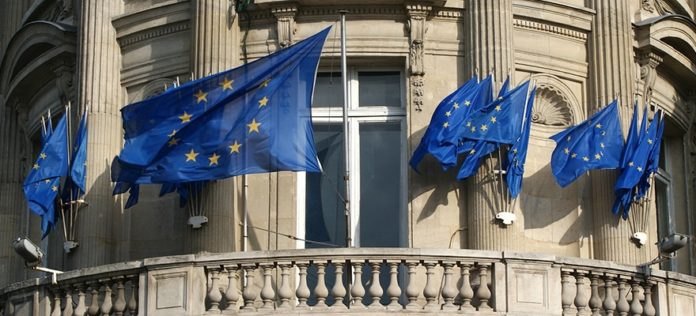
On Tuesday the EU published its Fifth Anti-Money Laundering Directive (Directive (EU) 2018/843), aiming to both detect and investigate money laundering, and prevent it from occurring.
The new directive, amending the prior Directive (EU) 2015/849, was passed by the European Parliament and the European Council and published in Official Journal L156 of the European Union.
Combating anonymity
The directive acknowledges the inclusion of providers will not completely remove all anonymity with virtual currencies, and in large part, the environment will remain anonymous as it is not essential to make transactions with such providers.
However, to combat the risks related to the anonymity, Financial Intelligence Units (FIUs) will be allowed access to information which will enable them to associate virtual currency addresses to the identity of the owner of the virtual currency.
Suggested articles
5 Quick Steps to Boost Your Sensitive Data ProtectionGo to article >>
The directive highlighted the ability for terrorists to fund their actions through virtual currencies. It identified, that providers engaged in exchange services between virtual currencies and fiat currencies as well as custodian wallet providers are under no Union obligation to identify suspicious activity.
Member state legislation will follow
According to the directive, “It is [sic] essential to extend the scope of Directive (EU) 2015/849 so as to include providers engaged in exchange services between virtual currencies and fiat currencies as well as custodian wallet providers [sic] For the purposes of anti-money laundering and countering the financing of terrorism (AML/CFT), competent authorities should be able, through obliged entities, to monitor the use of virtual currencies.”
The directive went on saying: “Such monitoring would provide a balanced and proportional approach, safeguarding technical advances and the high degree of transparency attained in the field of alternative finance and social entrepreneurship.”
It adds that the possibility to allow users to self-declare to designated authorities on a voluntary basis should be further assessed.
Member states will need to amend their national laws, regulations and administrative provisions to comply with the directive by January, 2020.

Financemagnates.com is author of this content, TheBitcoinNews.com is is not responsible for the content of external sites.
Our Social Networks: Facebook Instagram Pinterest Reddit Telegram Twitter Youtube











